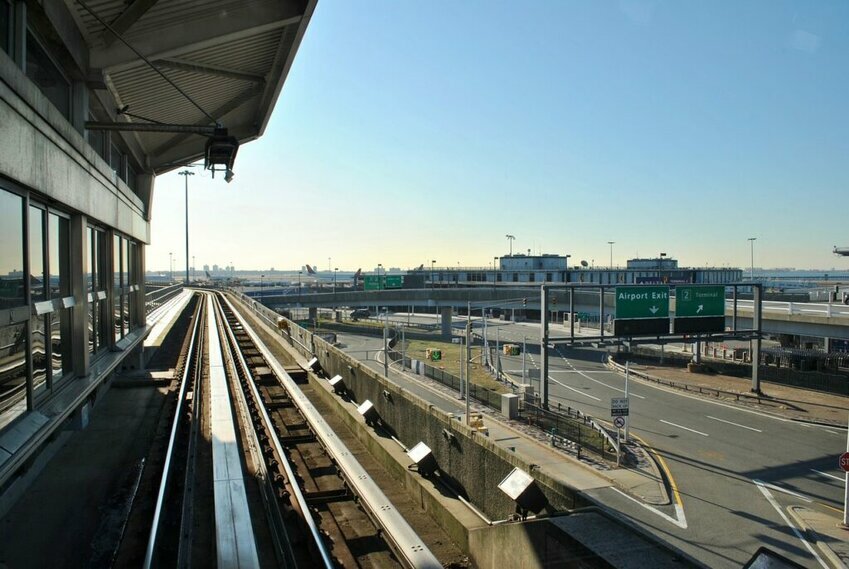 (Credit: Pixabay)
(Credit: Pixabay)A new feasibility study of the air cargo supply chain process at JFK International Airport makes a case for how a new, connected airport-wide Truck Flow Management System (TFMS) would improve cargo operations for truckers and airport personnel, and save time, money, and fuel. The study was conducted by Rutgers University’s Center for Advanced Infrastructure and Transportation (CAIT) and commissioned by GatewayJFK.
The JFK Cargo View report makes the case for the implementation of new technology that would include electronic data interfaces, cargo notifications via a mobile app, paperless truck check-in and dock scheduling to improve operational efficiency and effectiveness, and reduce idling time and diesel fuel usage.
According to the Study:
Programs designed to improve truck flow are becoming increasingly relevant. A program that offers carbon offsets for the road freight shipping industry and that can be applied toward a variety of sustainability projects has been introduced by XPO Logistics.
Additionally, an engine technology that uses plant-based fuels such as ethanol to power heavy-duty trucks can cut more emissions, help operators reach sustainability goals sooner, and lower costs more than other methods available, according to a study.
If these ideas are implemented at JFK, the airport may become more desirable to travelers. Booking.com’s annual Sustainable Travel Report, which gathered insights from over 30,000 travelers across 32 countries and territories, indicates that travelers are selecting “planet-first” options.. Findings reveal that 61% of US travelers have a desire to travel more sustainably over the next year, denoting a 15% increase over what surfaced through the company’s 2021 data.